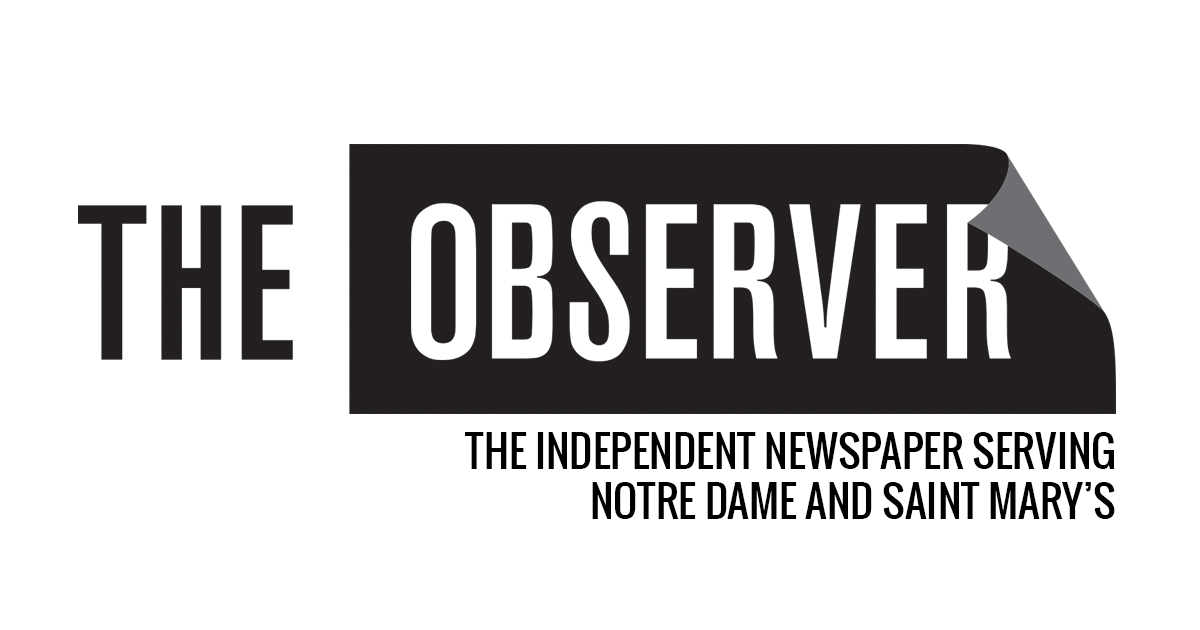
Within the next few months, Notre Dame will likely announce its new television contract for football rights. All signs point to Notre Dame re-signing with NBC, its longtime broadcast partner. Given that Notre Dame stole its next athletic director Pete Bevacqua from NBC, the relationship looks stronger than ever.
However, money isn’t everything for Notre Dame. The Irish want to ensure that they have exclusive rights to their beloved 3:30 p.m. time slot, which they believe best fits their national audience. For fans on the West Coast, it’s not too early. For fans on the East Coast, it doesn’t disrupt nighttime plans. The Irish want prime visibility.
However, Notre Dame has other asks as well. The Irish want to guarantee that they will be able to buy ad slots for their ”What Would You Fight For?” series. The Irish want nice, sweeping camera shots of Touchdown Jesus and the Golden Dome. But the Irish also want to be sure that the TV experience is family-friendly. For example, while NBC might include beer ads, Notre Dame keeps its distance. Guinness is the official beer of Irish fans and alumni — not the University itself.
A more difficult question arises in regard to sports gambling, which has seen exponential growth in recent years. The American Gaming Association prohibits sports books from partnering with colleges or universities. Notre Dame will never directly work with DraftKings or FanDuel, but it has the potential to indirectly work with the same companies.
However, unaffiliated TV networks such as NBC will take any and all money from sportsbooks. Before its Big Ten Saturday Night broadcast, NBC’s studio show has a segment from BetMGM. A betting analyst gives his recommended bet, and then he offers a special profit boost code to incentivize viewers to place the same bet. This has the potential to be problematic for a school like Notre Dame. Should fans, who simply want to watch the game, be bombarded with sports gambling ads?
It’s an interesting question, especially because there’s no opt-out. An even deeper question: is sports gambling compatible with the teachings of the Catholic Church? The Catechism of the Catholic Church states:
Games of chance (card games, etc.) or wagers are not in themselves contrary to justice. They become morally unacceptable when they deprive someone of what is necessary to provide for his needs and those of others. The passion for gambling risks becoming an enslavement. Unfair wagers and cheating at games constitute grave matter, unless the damage inflicted is so slight that the one who suffers it cannot reasonably consider it significant. (CCC 2413)
The idea of sports betting is a bit of a grey area. Per the Church, betting by itself is not a morally bad action. But when it becomes an integral part of someone’s life to the point that they’re dependent on it, the Church believes the act and structure becomes morally unacceptable.
Some might argue that sports gambling today is already a morally unacceptable structure. Many TV spots currently advertise ”free“ or ”risk-free“ bets, even though the offers are far from that. It’s a tricky situation, and it’s much like drinking. The Church has no opposition to someone drinking a beer, but drunkenness is a different situation.
Notre Dame finds itself at an interesting fork in the road. With this new TV contract, Notre Dame could write a clause that bans its broadcast partner from featuring sports betting ads. What Notre Dame does is meaningful. If it does nothing and allows gambling ads to be featured, Notre Dame is indirectly supporting sports betting. Some may argue that allowing gambling ads even supports addiction.
This type of decision is difficult, but it’s difficult because Notre Dame is playing for something far greater than other schools. Consider the last line of the University’s Mission Statement:
In all dimensions of the University, Notre Dame pursues its objectives through the formation of an authentic human community graced by the Spirit of Christ.
Notre Dame’s decision on this issue will show us what it believes that authentic human community should look like.
By no means am I a moral theologian or ethicist, and by no means do I have an answer to this massive question. I’m not sure what the University should do! Regardless, it’s one that the University will have to face head-on, and among its supporters, regardless of what route it takes, many will be disappointed.
The Observer does not actively endorse sports gambling. If you need help quitting gambling, call the Substance Abuse and Mental Health Services Administration at 1-800-662-4357.
Sign up for our Observer Sports newsletter!
Have an Irish sports question? Ask it for our Observer Sports mailbag!
The views expressed in this column are those of the author and not necessarily those of The Observer.